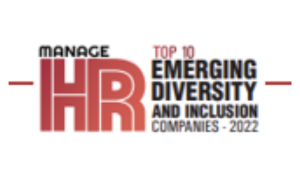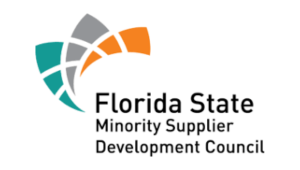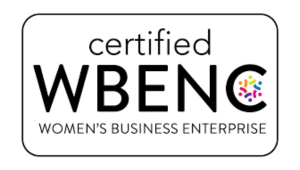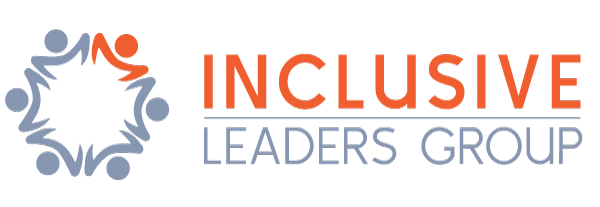Cultural competence in the workplace is vital to fostering an open, collaborative, and productive work environment. As companies become more diverse and seek greater inclusion and belonging, they need to have policies and best practices in place to support varying backgrounds and points of view.
According to Pew Research Center, immigrants are expected to drive growth in the U.S. workforce through 2035, offsetting the decline as the baby boom generation enters retirement. The Washington Post also reported that 2019 marked the first-year people of color comprised most new working-age hires in the U.S. Additionally, the growth of remote work will continue to help companies hire employees and work with clients across the globe, expanding their skills and markets.
Leaders in human resource management are responsible for helping organizations better accommodate this increasingly diverse workforce and improve their cultural competence.
Cultural Competence in the Workplace – What Leaders Need to Know
Cultural competence in the workplace is the willingness and ability to embrace diversity and appreciate the differences in people.
Culturally Competent companies in ALL industries enjoy many value propositions:
- Better communication. The culturally competent workplace inherently understands how to effectively communicate, since the environment will encourage discussion and be welcoming to holding conversations.
- Stronger problem-solving abilities. Blending in a variety of experiences and perspectives leads to better approaches to problem-solving. Also, diverse cultures have proven effective in evading the detrimental effects of groupthink.
- Broader ranges of skills. People with diverse backgrounds and experiences tend to possess different skill sets, which can strengthen a team’s capabilities.
- Better creativity and innovation. Diverse team members are more likely to offer outside-the-box thinking, resulting in new ideas to propel products and services to new heights.
- Greater inclusion. Strong cultural competence amongst leaders and employees provides the foundation for positive DEI outcomes including cross-cultural communication, anti-racism, allyship, and inclusive leadership. Performance of marketing, sales, customer service, public relations and other business functions is enhanced with cultural competence.

Cultural Competence in Healthcare
As the American Academy of Family Physicians (AAFP) explains, a culturally competent healthcare system understands that a patient’s language and culture should never act as a barrier to receiving adequate care. Rather, these elements can be utilized as tools to improve outcomes.
“We have seen throughout history that disparities exist in healthcare,” offers Dr. Kandace LaMonica, family medicine specialist and chief resident for equity and diversity at Southwest Illinois University. Dr. Lamonica notes that this has been highlighted even further by the COVID-19 pandemic, with ethnic minorities being disproportionately affected.
“Cultural competence allows practitioners to provide quality care, regardless of a patient’s cultural background” Dr. LaMonica continues. “In order to do so, providers must first acknowledge that these differences exist and how they can impact a patient’s healthcare needs.”
Key Pillars of Cultural Competence for Hospitals and Health Systems can Include:
- Clear efforts to understand community needs
- A broad definition of culture
- Acknowledgement of language interpretation needs
- Continued learning among organizational leaders
- Cultural competency training for staff members and clinicians
- Cultural competency ingrained in organizational policies
The American Hospital Association (AHA) publishes a guide describing the concept of cultural competency and builds the case for the enhancement of cultural competency in health care. It offers seven recommendations for improving cultural competency in health care organizations:
- Collect race, ethnicity, and language preference (REAL) data.
- Identify and report disparities.
- Provide culturally and linguistically competent care.
- Develop culturally competent disease management programs.
- Increase diversity and minority workforce pipelines.
- Involve the community.
- Make cultural competency an institutional priority.
If you would like to discuss your Cultural Competence and other DEI learning and development needs, please set up a 30 minute virtual chat or send a contact form
Charlotte Hughes is CEO and Principal Consultant of Inclusive Leaders Group, LLC a Black woman-owned boutique strategic consulting and training firm specializing in DEI as a business strategy. Charlotte provides, DEI strategy development and training on; cultural competence, implicit bias, microaggressions, allyship, inclusive leadership development, and more.










